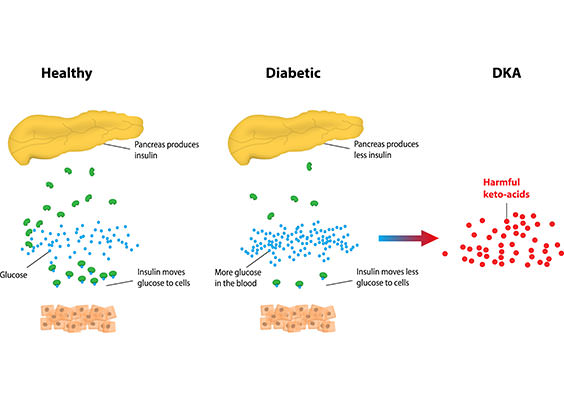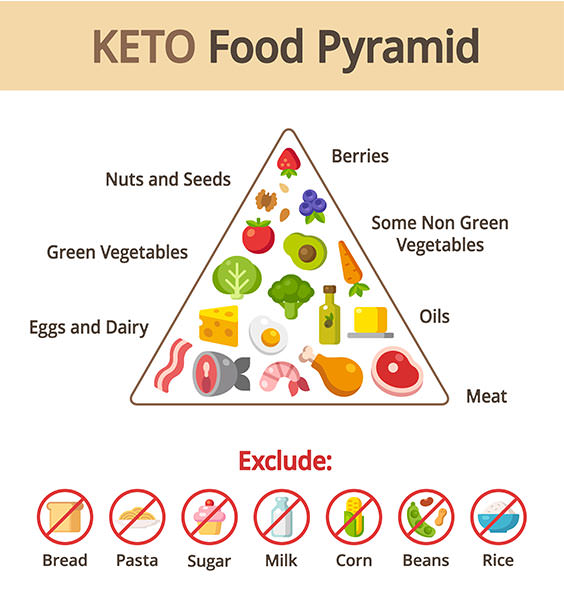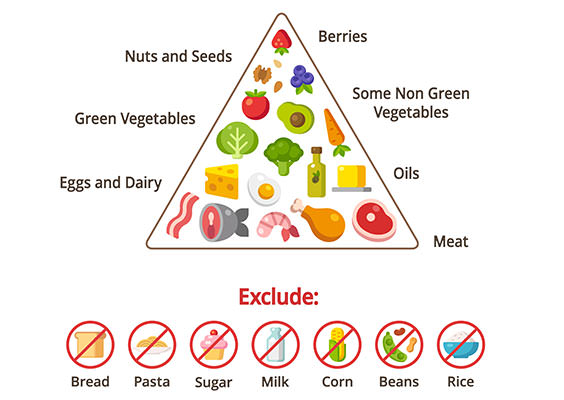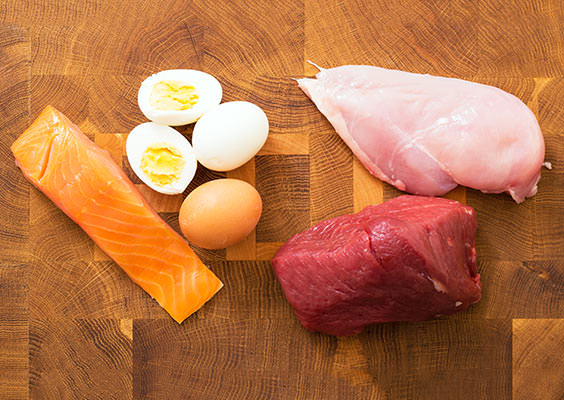When it comes to weight loss, it’s not the amount of calories you consume that’s most important, but how your body uses them. Over the long run, this difference in what your body “decides” to do with the calories you eat makes all the difference.
What is ketosis?
Ketosis is a metabolic process that happens when the body does not have enough glucose for energy.
How ketosis occurs
Your body enters a state called “ketosis” when you eat a low- or no-carb diet. Because your body doesn’t have carbs to burn for energy, you burn fat instead. Molecules called ketones then build up in your bloodstream.
This is a good thing.
Difference between ketosis and diabetic ketoacidosis

It shouldn’t be confused with diabetic ketoacidosis, a dangerous condition that affects people with type 1 diabetes. In order to reach a state of ketoacidosis, insulin levels must be so low that the regulation of blood sugar and fatty acid flow is impaired.
Take a look at this chart:
|
Body Condition |
Quantity of Ketones Being Produced |
|
After a meal |
0.1 mmol/L |
|
Overnight fast |
0.3 mmol/L |
|
Ketogenic diet |
1-8 mmol/L |
|
>20 days fasting |
10 mmol/L |
|
Ketoacidosis |
>20 mmol/L |
As you can see, the amount of ketones you produce when you’re in a state of ketosis is much lower than what’s produced when someone is in a state of ketoacidosis. The latter is uncontrolled diabetes.
Ketosis to lose weight
In fact, ketosis has proven to be safe and effective in numerous studies. In one, participants lost an average of 22 pounds after 2.5 cycles of a ketogenic diet. Also, most kept the weight off after a year.1

What is the ketogenic diet?
The keto diet is a low-carb, high-fat diet that causes weight loss and provides health benefits.
Effects of ketogenic diet
Another study focused
on the long-term effects of a ketogenic diet on 83 obese patients with high glucose and cholesterol levels. The patients lost a substantial amount of weight and body mass, while their HDL cholesterol levels increased and their LDL, triglycerides and blood glucose levels decreased significantly.2Ketogenic diets have also been linked to reduced risk of heart disease and type-2 diabetes,3 Alzheimer’s and Parkinson’s disease.4
Weight-lifters and body builders have known this for years — that a high protein diet results in low body fat. But you don’t have to be a body builder to benefit from a protein-rich diet.
Eat more protein
Protein is crucial for both losing weight and gaining muscle. That was proven in a major study in which people who ate a high-protein diet dropped seven pounds in six weeks. The group that followed a standard diet didn’t lose any weight. And the high-protein group simultaneously gained twice as much muscle.5
Benefits of eating more protein
The great thing about eating more protein is that it gives you the feeling that you’re full. That’s because protein boosts your sensitivity to a hormone called leptin. This hormone tells your brain that you’re satisfied. So you stop overeating.
Also, getting enough protein flips your metabolic switch from “store fat” to “melt fat.” Your body then uses the calories as essential fuel to function at its best.
Best sources of protein
Meat and eggs are your best sources of protein. If possible, eat grass-fed beef. The flavor is great, and it’s far better for you because it has the right kinds of fats.
Eggs are the perfect food. They’re the “gold standard” by which we rate all other protein. That’s why I eat them every day. For best results, eat eggs that come from free-range chickens.
Other good sources of protein include chicken, turkey, wild-caught salmon and other cold-water fish. Plus, nuts and seeds such as almonds, peanuts, cashews, sunflower and pumpkin seeds have plenty of protein.
To Your Good Health,
![]()
Al Sears, MD, CNS
1. Cappello G, Franceschelli A, Cappellp A, DeLuca P/ ‘Ketogenic enteral nutirition as a treatment for obesity: short term and long term results from 19,000 patients.
2. Hussein M Dashti, Thazhumpal C Matthew, Talib Hussein. Sami K Ashfar, Abdulla Behbahani, Mousa A Khoursheed, Hilal M Al-Sayer, Yousef Y Bo-Abbas, Naji S Al-Zaid. “Long term effects of a ketogenic diet in obese patients. S. 2204 Fall; 9(3): 200-205.
3. Daly ME, Paisey R, Millward BA, Eccles C, Williams K, Hammersley S, MacLeod KM, Gale TJ. Short-term effects of severe dietary carbohydrate-restriciton advice in Type 2 diabetes – a randomized controlled trial. Diabet Med. 2006 Jan; 23 (1):15-20.
4. Gasior M, Rogawski MA, Harman AL. Neuroprotective and disease-modifying effects of the ketogenic diet. Behavor Pharmacol. 2006 Sep; 17(5-6):431-439.
5. Phinney S. Ketogenic diets and physical performance. Nutrition & Metabolism. Aug 2004. 1:2


